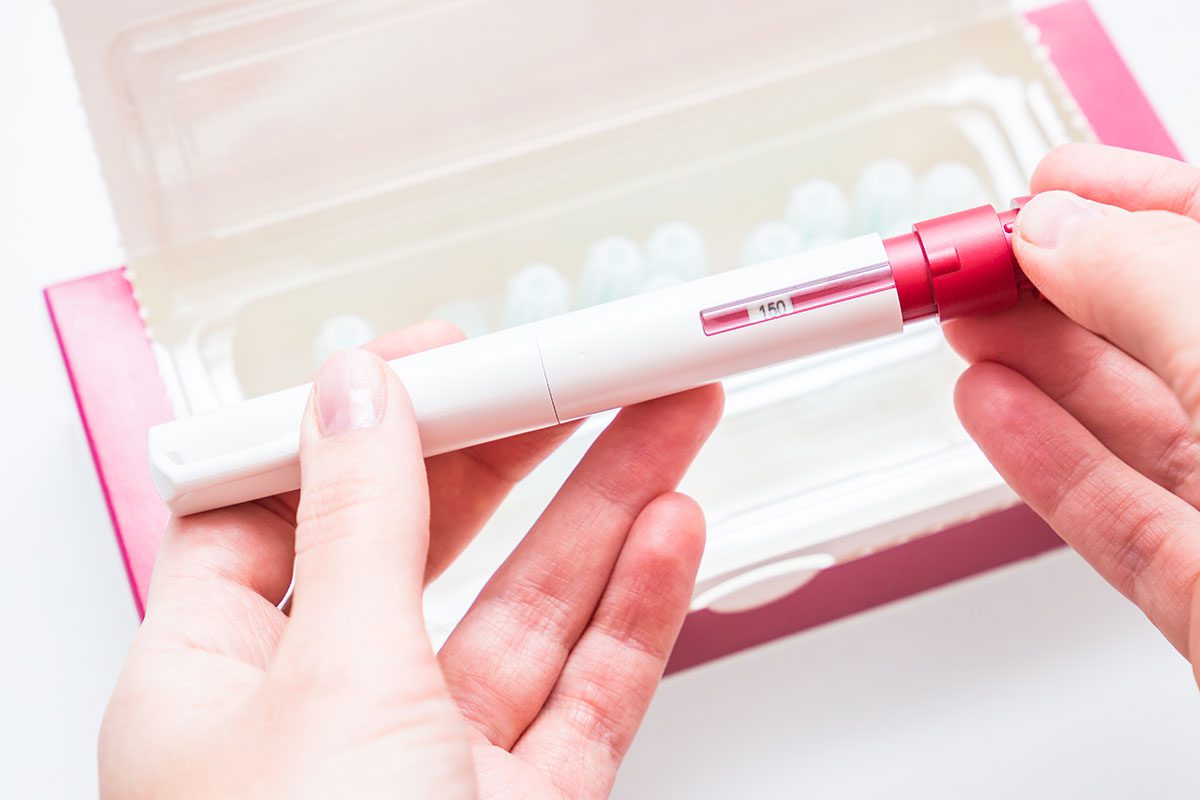In vitro fertilization (IVF) is a widely used assisted reproductive technology (ART) that helps couples struggling with infertility to conceive. This article will explore what IVF treatment in Pakistan entails, the steps involved, its benefits, and what to expect throughout the process.
What is IVF Treatment?
IVF is a process where an egg is fertilized by sperm outside the body, in a laboratory. The fertilized egg (embryo) is then implanted in the uterus, with the goal of establishing a successful pregnancy.
Who Can Benefit from IVF?
IVF can be beneficial for individuals and couples with various infertility issues, including:
- Blocked or Damaged Fallopian Tubes
- Male Factor Infertility
- Ovulation Disorders
- Unexplained Infertility
- Genetic Disorders
Steps Involved in IVF Treatment
1. Initial Consultation and Assessment
- Medical History Review: The fertility specialist will review the medical histories of both partners.
- Physical Examination: A thorough physical examination and tests to assess fertility health.
- Counseling: Discussing the IVF process, success rates, costs, and any concerns.
2. Ovarian Stimulation
- Medications: Fertility drugs are prescribed to stimulate the ovaries to produce multiple eggs.
- Monitoring: Regular ultrasounds and blood tests to monitor the growth of ovarian follicles.
3. Egg Retrieval
- Procedure: A minor surgical procedure to retrieve eggs from the ovaries using a thin needle.
- Sedation: The procedure is usually done under sedation to minimize discomfort.
4. Sperm Collection and Preparation
- Sperm Sample: The male partner provides a sperm sample, or donor sperm is used.
- Preparation: The sperm is processed and prepared for fertilization.
5. Fertilization
- Insemination: Eggs are mixed with sperm in a laboratory dish to allow fertilization.
- ICSI (Intracytoplasmic Sperm Injection): A single sperm is directly injected into an egg in cases of severe male infertility.
6. Embryo Culture
- Monitoring: Fertilized eggs (embryos) are monitored for a few days in the lab.
- Development: Embryos are observed for proper development before selection.
7. Embryo Transfer
- Selection: The best-quality embryo(s) are selected for transfer.
- Procedure: The embryo is placed into the uterus using a thin catheter.
8. Luteal Phase Support
- Medications: Hormonal medications may be prescribed to support the uterine lining and embryo implantation.
9. Pregnancy Test
- Testing: About two weeks after the embryo transfer, a blood test is done to check for pregnancy.
- Results: If positive, the pregnancy is monitored through regular ultrasounds and check-ups.
Benefits of IVF Treatment
High Success Rates
IVF has relatively high success rates, especially for younger women and those with good ovarian reserve. Success rates vary depending on factors such as age, health condition, and specific infertility issues.
Genetic Screening
Preimplantation genetic testing (PGT) can be done during IVF to screen embryos for genetic disorders, reducing the risk of inherited conditions.
Control Over Timing
IVF allows for greater control over the timing of pregnancy, which can be beneficial for those balancing career or personal commitments.
Challenges and Considerations
Emotional and Physical Stress
IVF can be emotionally and physically demanding. Support from partners, family, and counseling services can help manage stress.
Financial Cost
IVF can be expensive, and multiple cycles may be needed. It’s important to discuss costs and financial options with the fertility clinic.
Success Rate Variability
Success rates are influenced by several factors, including age, health, and fertility issues. It’s crucial to have realistic expectations and discuss potential outcomes with your specialist.
IVF Treatment in Pakistan
Availability of Services
Many clinics and hospitals in Pakistan offer IVF treatment, including renowned institutions such as:
Choosing a Clinic
When selecting a clinic, consider factors such as:
- Success Rates: Research the clinic’s success rates and patient reviews.
- Experience: Look for clinics with experienced specialists and a good track record.
- Support Services: Ensure the clinic offers comprehensive support, including counseling and financial advice.
FAQs About IVF Treatment
- How long does the IVF process take?
The IVF cycle typically takes about 4 to 6 weeks from the start of ovarian stimulation to the pregnancy test. - What are the common side effects of IVF medications?
Common side effects include bloating, mood swings, headaches, and mild cramping. - Can IVF guarantee a pregnancy?
While IVF has high success rates, it cannot guarantee pregnancy. Success depends on various factors, including age and health conditions. - Is IVF treatment painful?
IVF involves some discomfort, particularly during egg retrieval and injections. However, sedation and pain management options are available. - What are the risks associated with IVF?
Risks include ovarian hyperstimulation syndrome (OHSS), multiple pregnancies, and ectopic pregnancy. Discuss these risks with your doctor. - Can I choose the gender of my baby with IVF?
Gender selection is possible through preimplantation genetic testing, but it is subject to ethical and legal considerations. - How many embryos are usually transferred in IVF?
The number of embryos transferred varies based on individual circumstances. Usually, one or two embryos are transferred to reduce the risk of multiple pregnancies. - What should I do if my IVF cycle fails?
If an IVF cycle fails, your specialist will review the cycle and suggest next steps, which may include trying another cycle or exploring alternative treatments. - Are there any lifestyle changes I should make during IVF?
Maintaining a healthy lifestyle, including a balanced diet, regular exercise, and avoiding smoking and alcohol, can improve your chances of success. - How soon can I return to normal activities after IVF?
Most women can return to normal activities a few days after embryo transfer, but it’s advisable to avoid strenuous activities until the pregnancy test.









